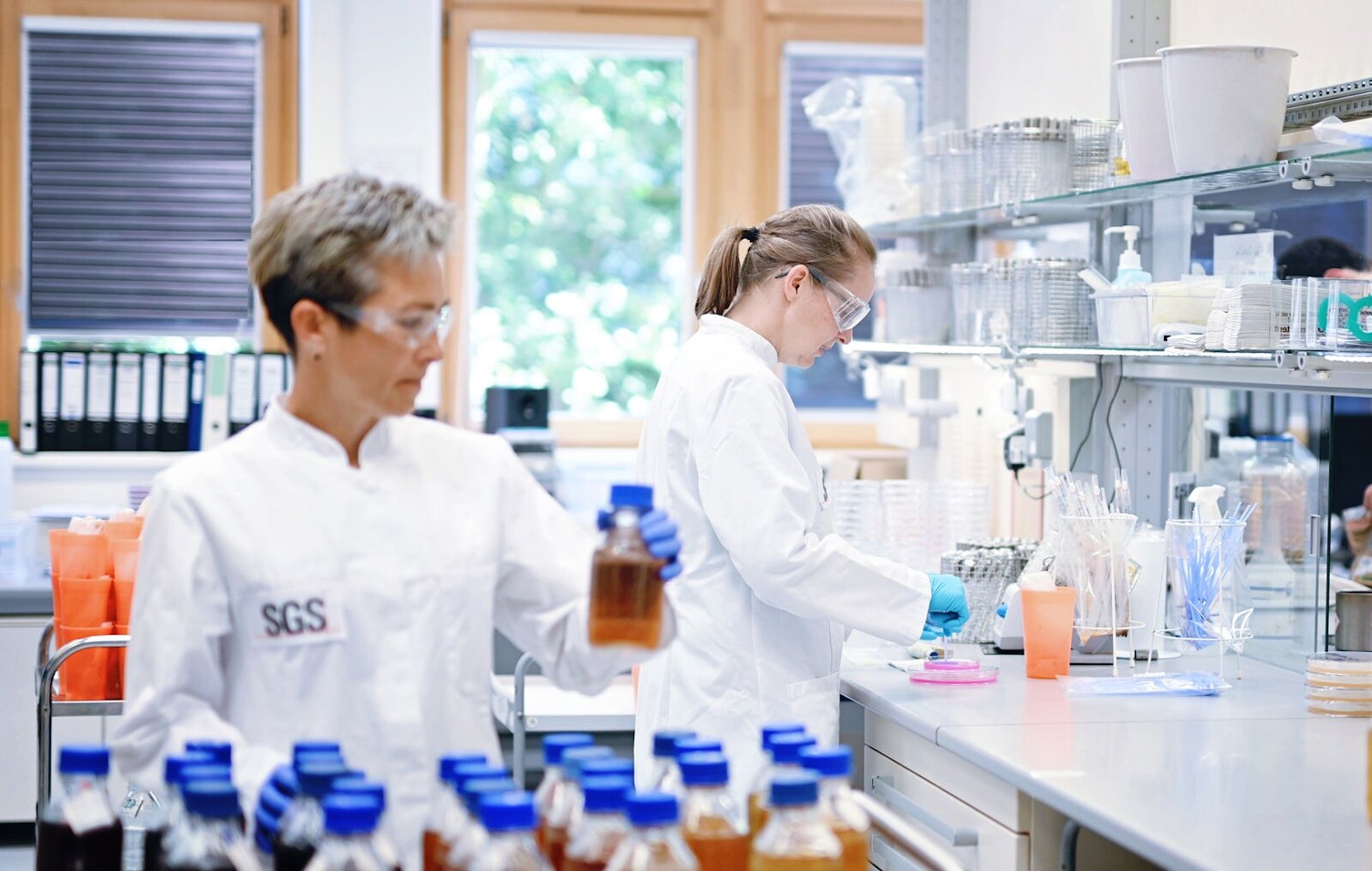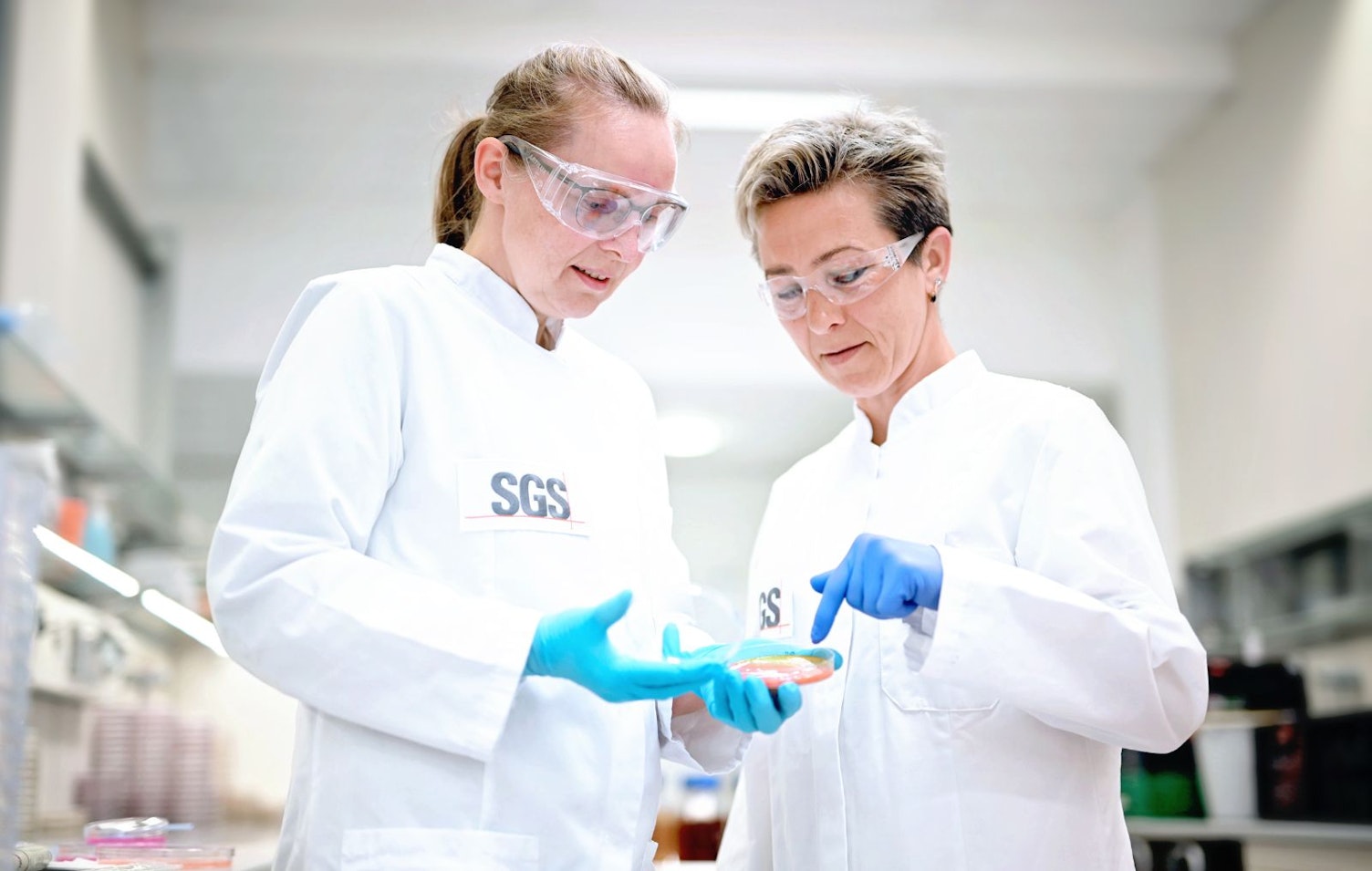
The presence of microorganisms in food products increases risk in supply chains. E.coli or Coliforms may indicate fecal contamination, yeasts and molds can impact product quality and shelf life, and pathogens such as Salmonella, Listeria, Campylobacter and Vibrio species could result in life-threating infections.
Routine microbiological testing is an essential part of any food safety protocol. It reduces risk by identifying the presence of pathogens, indicator microorganisms and spoilage organisms and ensures the delivery of safe, high-quality products.
Comprehensive testing solutions
We offer the full range of routine microbiology testing services to support the delivery of high-quality food products to customers all over the world. Through our global network of food testing laboratories, we specialize in the detection of indicator microorganisms, spoilage organisms, total bacteria (including aerobic, anaerobic, thermophilic, psychrophilic), toxin-producing microorganisms, specific microorganisms and pathogenic microorganisms.


Ensure product freshness
Our team can identify spoilage organisms like yeast and mold to help you ensure product freshness, prolong shelf-life and reduce the risk of product recalls and/or customer complaints. They can also test for microorganisms such as lactic acid bacteria and Alicyclobacillus, which may impact quality, flavor and safety.
Assess hygiene practices
Total bacteria count provides an overall assessment of the microbial load in a food sample. It will indicate poor hygiene practices and can be used to identify areas for improvement in production, storage and handling.


Protect consumers
Routine microbiology testing plays a vital role in ensuring the health and welfare of consumers. Early identification of pathogenic microorganisms and toxin-producing microorganisms, such as Staphylococcus aureus, Bacillus cereus, and Clostridium, can significantly reduce the risk of consumers becoming ill.
Al. Jerozolimskie 146A,
02-305,
Warsaw, Mazowieckie,
Poland